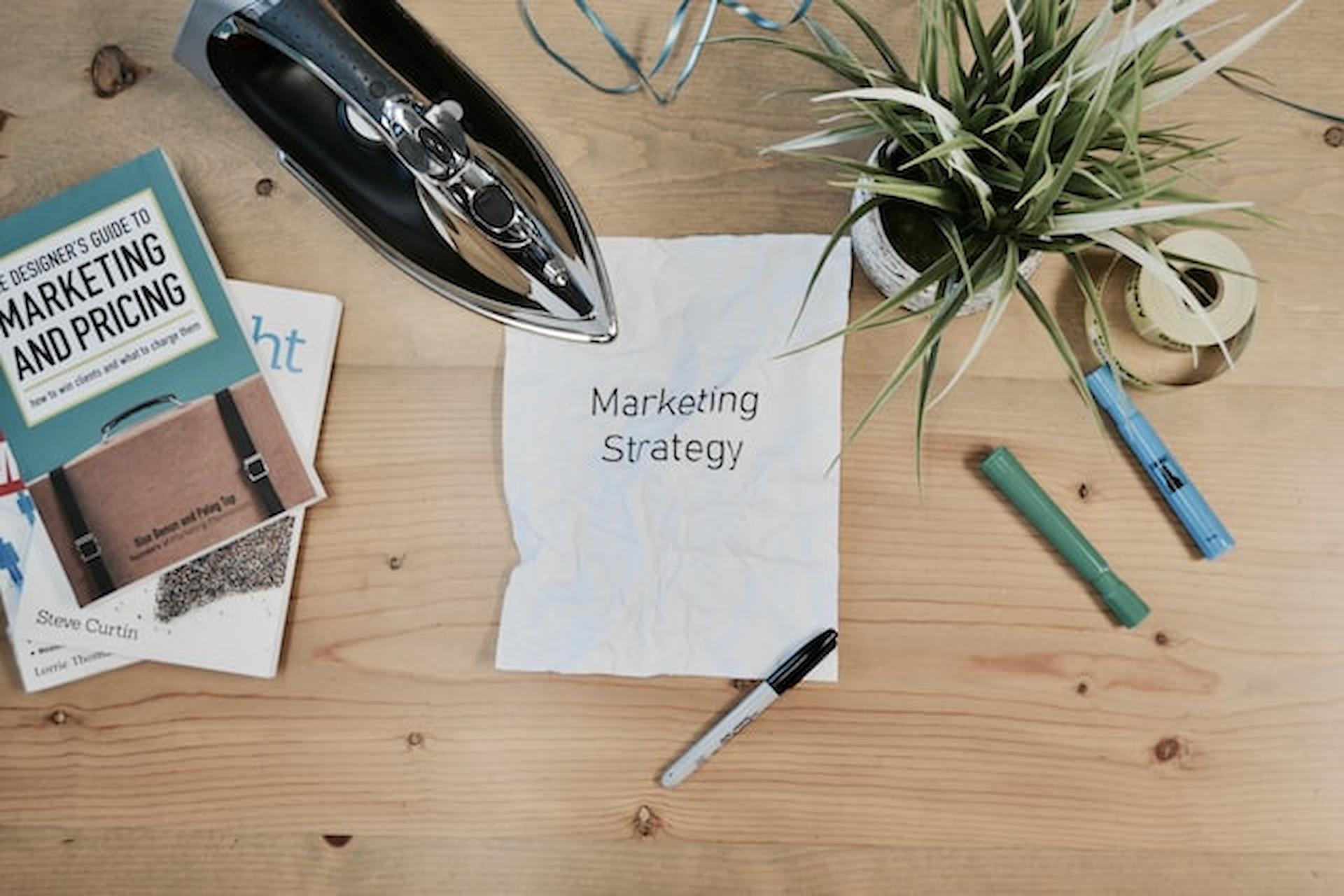
The use of AI is currently trendy. The growing popularity of this technology may seem like a passing fad, but it is actually quite revolutionary. The use of AI in every aspect of the business is causing radical shifts, and marketing campaign is no exception. Companies in many sectors embrace AI to gain an edge in content creation, customer service, and advertising.
Let’s take a closer look at artificial intelligence before diving too deeply into examples.
Artificial Intelligence: A Definition
Simply put, AI is machines’ capability to mimic human behaviour. In layman’s terms, it allows machines to do work that would otherwise need human intervention. Artificial intelligence (AI) is a powerful marketing tool when coupled with complementary technologies in machine learning and data science. These technologies help businesses gain a deeper understanding of their target demographic and create a more personalised and satisfying experience for their end users.
Once upon a time, when people thought of artificial intelligence, they pictured computer-automated weapons systems and savage cybernetic terminators. In contrast to the past, today’s potential implementations are more grounded in reality and less spectacular. In light of this, let’s take a look at three practical applications of AI in marketing that can help your company.
Making Unique Pieces of Media
Alas, AI is currently incapable of producing content for your blog or YouTube channel while you relax and watch your favourite show on Netflix. Understandable disappointment there. Still, it has significant value in the production of content. As its name suggests, Personyze is a tool that makes use of this potential by putting to use the system’s capacity for individualization. Personyze’s Personalization Engine uses artificial intelligence to collect data from various sources and generate real-time profiles that are used to provide each user with a customised experience.
The goal of content marketing has progressed from simple relevance to more nuanced forms of customization over time. Artificial intelligence’s data extraction and processing capabilities open new opportunities for creating engaging, personalised content that strengthens customer relationships and encourages brand loyalty. Marketing artificial intelligence is being used by businesses to create unique and engaging user experiences across digital channels like email, websites, and mobile apps.
Constant Assistance to Customers
When we talk about customers, many have directly interacted with one of the most iconic symbols of artificial intelligence: the chatbot. Those pop-up message boxes asking if you need assistance probably aren’t from actual people, do they? Aside from processing and understanding human speech, chatbots can also respond in a way that you and I easily understand. In addition, they can improve over time, learning to understand more complex phrases and words in order to better imitate human visitors.
Any hiccup in the process, even a minor one, can cause a customer to abandon their cart and the purchase they were planning on making. These AI-driven tools can achieve the ultimate irony by humanising your support team and streamlining the browsing experience, whether that be by providing discount codes, explaining the checkout process, or simply offering additional information on a product. At the very least, they can give the impression that someone is available to answer customers’ questions at all hours of the day and night.
Powerful Pay-Per-Click (PPC) Marketing
It’s safe to say that pay-per-click advertising is a gamble for business owners. Keywords are a highly competitive space, and a larger marketing budget does not necessarily translate to a better ranking. The use of artificial intelligence in marketing holds the potential to ease the burdensome administrative tasks associated with running paid advertising campaigns.
For instance, Google AdWords can run A.I.-powered split tests to determine which version of your ad performs best for particular searches. Campaigns can benefit just as much from, if not more than, the use of AI-powered marketing tools that are not built into the platform. For instance, the goal of the self-driving marketing platform Albert isn’t just to increase conversions; it’s also to aid in the selection of appropriate digital media outlets for ad distribution. Albert oversees advertising campaigns from inception to optimization and reporting with minimal human intervention.
Conclusion
Artificial intelligence is already making a huge splash in the marketing world, and it will only grow in importance as new technologies emerge. However, adopting is a delicate subject, and you need to move slowly and with a pragmatic mind. While AI is being used by businesses of all sizes with some success, it may not be the answer to your marketing woes just yet. Regarding blogger outreach, influencer marketing, and public relations, human interactions will always be more important than automated ones. Businesses must realise that AI is not the silver bullet to marketing success.
Don’t just jump on the bandwagon without first figuring out what your business needs to succeed and what problems marketing AI can help solve. That’s the only way to determine if artificial intelligence is worthwhile.